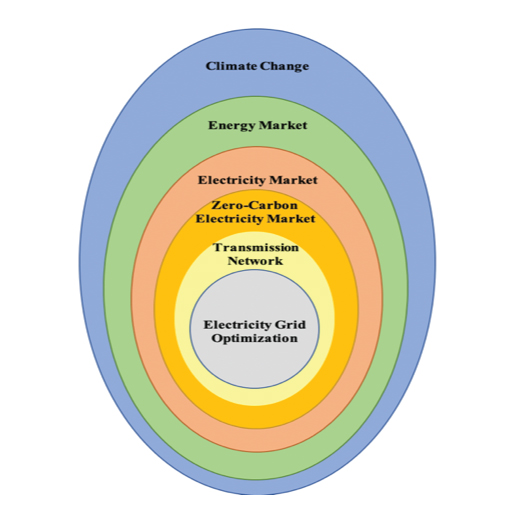

Prof. Itai Sened, Dean, Faculty of Social Sciences
Optimization of the electricity grid: long-term planning for 2030-2050
The study aims to provide an economic model for optimizing the future power grid by solving a linear programming optimization problem. Linear programming is a common method for solving optimization problems for practical and multidimensional design problems. This method is used for determining the optimal electricity network structure, which is required to supply the future electricity demand of the Israeli electricity sector at minimal cost (minimum investment of resources). The objective function includes various constraints, such as meeting the government’s national targets for a desired mix of renewable energies, ensuring the reliability of the electricity network, and stabilizing the fluctuations in the amounts fed into the grid. Feasible solutions satisfy all the constraints. The model proposed in this study assumes a competitive electricity economy in which electricity production is determined according to the two-stage model of Milstein and Tishler. To date, Eyal began the introduction to the literature review of the traditional structure of electricity markets and the trend of the transition of future electricity markets to zero-carbon electricity markets. Specifically, it focuses on the structure and costs of the transmission and distribution network. He has also participated at the 80th Midwest Political Science Association Conference in Chicago, USA, and in the Araba Region at the 51st Annual Conference for Science and Environment. Additionally, Drivers of Urban Sustainability Development in Israeli Cities was published in the ecological journal Ecology and Environment, 14(1).
